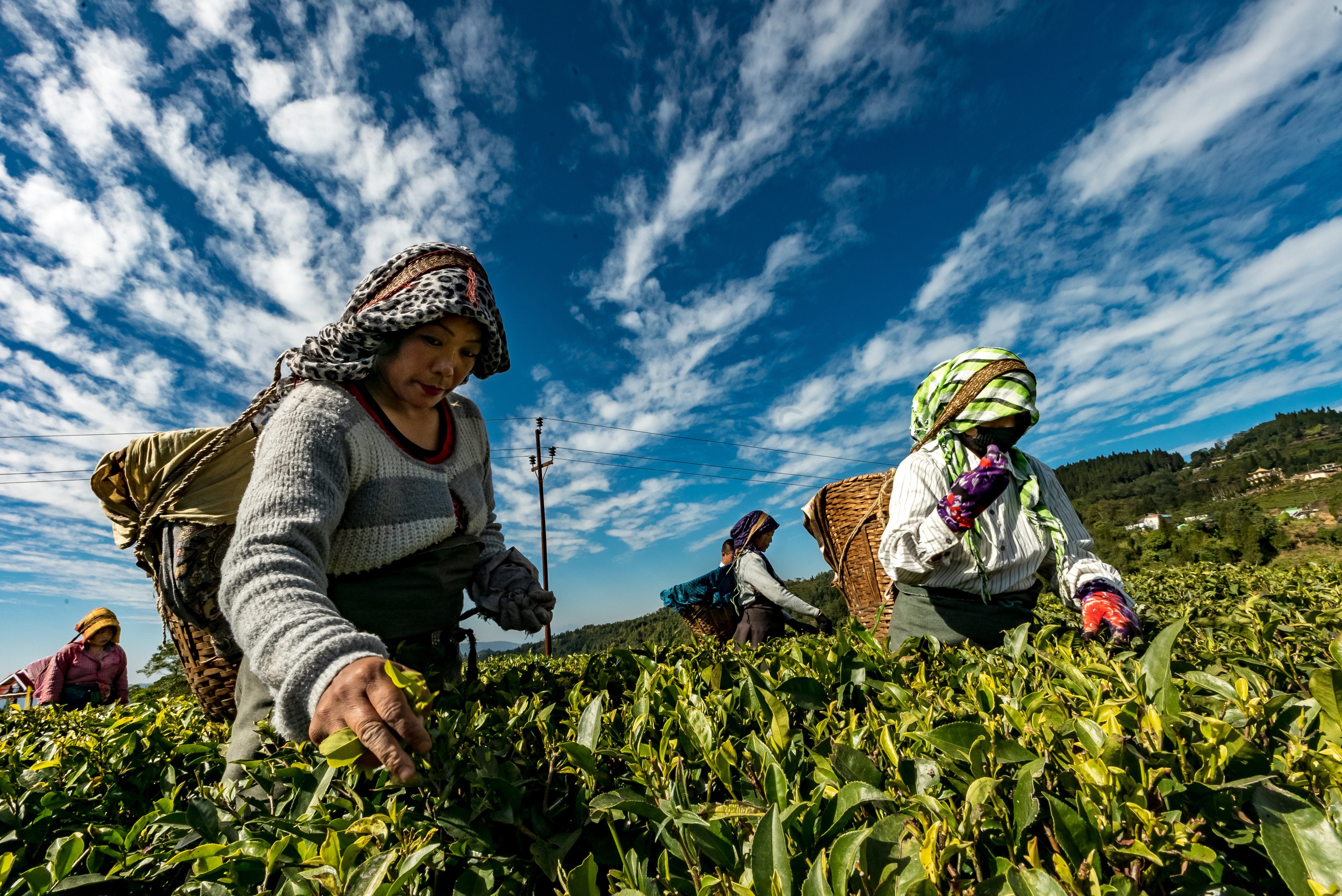Expropriation without compensation (EWC) is likely to become the biggest barrier to entry into the modern economy for millions of South Africans. It also has the potential to destroy the unstable, complicated and unreliable economic organization that has evolved in South Africa, since the mineral revolution of the 19th century. It simply must be abandoned lest we condemn ourselves to even greater levels of poverty and inequality as well as providing fuel for civil conflict.
The South African economy has, since its rapid development from the time of the 19th century, been characterized by a sophisticated modern economy coexisting alongside a demographically more numerous Third World component. Throughout its evolution, the modern economy has imposed numerous barriers to entry to those from South Africa’s Third World component with the Apartheid system providing the ideologically-driven framework within which to create such barriers.
Apartheid created a society and an economy characterized by privileged insiders and disadvantaged outsiders, based largely on race. The lifting of Apartheid restrictions altered the situation as millions of South Africans was at last permitted to join the modern economy. Combined with other factors such as the increase in population and greater participation of women in the economy, the modern economy was suddenly inundated with an abundance of unskilled and semi-skilled labor. Sadly, it lacked the capacity to absorb them.
The main task for the new government after 1994, thus, ought to have been to integrate these millions of newly empowered economic actors into the modern economy by demolishing unnecessary barriers to entry and rapidly expand the modern economy in the process. This would have fulfilled the wants and aspirations of the new aspiring entrants, many of whom had arrived with considerable human and social capital deficiencies.
Instead, the government has simply created new classes of insiders and erected new barriers to entry to the modern economy. Even worse, it has severely weakened the capacity of the modern economy to integrate the new arrivals. All this was done within the ideological framework provided by its flawed notion of transformation. Examples include labor laws from the 1990s and, most recently, the proposal to amend the Constitution to allow for expropriation of private property without compensation.
The private sector’s ability to expand by developing the quantity and quality of new entrepreneurs and enlisting them from abroad is severely hampered by labor legislation and other cumbersome legislation and regulations that put significant burdens on business. The result is that increased investments in existing and new businesses, as well as the inflow of foreign direct investment, is not materializing.
EWC is just another barrier to entry that will make it even more difficult for the Third World component of South African society to integrate into the modern economy. EWC threatens the very foundations on which the modern part of the South Africa economy was built: security of private property rights which provides the incentive to develop and improve.
The accumulation of private property in whatever form is the main motivator for entrepreneurs. There can be no greater stumbling block to entrepreneurship than the state having the power to dispossess you of your property without compensation. Domestic and foreign investors will no doubt be dissuaded from investing in South Africa.
Rather than easing the integration of millions of black South Africans into what sophisticated modern economy already operates in the country, the political elite, in its pursuit of EWC, is embarking along a fateful path that can only lead to disintegration, not only of the modern economy, but also of South Africa as a country. It is imperative that we abandon EWC and respect the integrity of the Constitution.
Devon Windvogel is a lecturer in the School of Accounting, Economics, and Finance at the University of KwaZulu-Natal.

